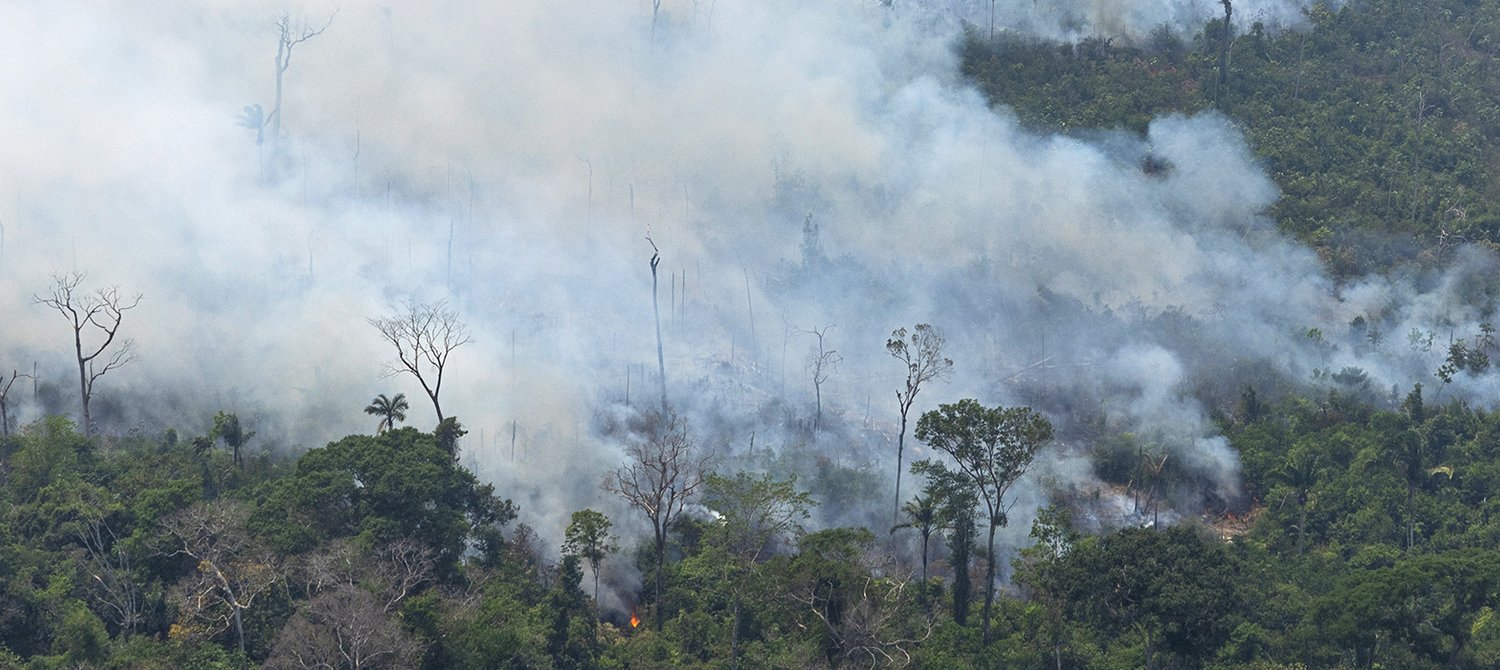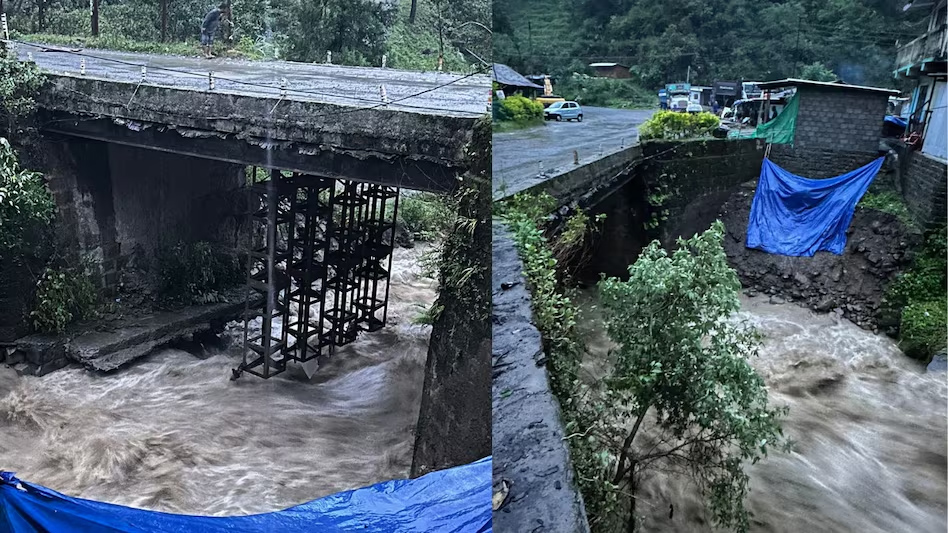The Nagaland Disaster Statistics 2023 issued a recent report which lay emphasis on the alarming impact of climate change in Nagaland
 KRC TIMES NE Desk
KRC TIMES NE Desk

The Nagaland Disaster Statistics 2023 issued a recent report which lay emphasis on the alarming impact of climate change in Nagaland.
The report, which was released on May 13 indicates that there has been a 200 per cent surge in water and climate-related disaster incidents in the state between 2018 and 2021.
According to the data released, in 2018, the total number of reported incidents stood at 337 and went up to 414 in 2019. Meanwhile, the report also suggests that the data almost doubled to a concerning 814 in 2021.
Chief Conservator of Forests (CCF), Supongnukshi also shed light on the impending threats of climate change at the one-day workshop for five NMHS Project Villages, on May 13.
Supongnukshi said that the report which suggests climate change projections for Nagaland indicate that Kohima district is the most susceptible in the agricultural sector.
The CCF additionally said, “The effects of climate change are becoming increasingly evident, especially in Kohima district, which remains the most vulnerable due to its heavy reliance on water-dependent cultivation practices, particularly wet rice cultivation.”
Noting that fluctuations in groundwater levels which have been worsened by climate change, significantly impact agricultural practices, the report also highlighted the relationship between forest wealth and sustainable farming.
Meanwhile, the authorities are intensifying efforts to address the challenges posed by climate change given that 60-70 per cent of Nagaland’s population depends on agriculture and forest resources for sustenance.
The National Disaster Statistics also highlight the agricultural devastation as a result of climate-related disasters. In 2019-20, crop damages affected 1210.16 hectares due to various calamities.
However, the situation worsened during 2021-2022, with agricultural crops spanning 104052.95 hectares suffering significant damage, following which the report stressed on the need for resilient farming practices, improved irrigation systems, and sustainable water management to mitigate the adverse effects of climate fluctuations. Venting their frustration, villagers lamented the lack of accountability from the local panchayat leaders, who have been unable to provide any concrete solutions or explanations for the prolonged water crisis.
With each passing day, the situation worsens, with individuals falling ill due to the consumption of contaminated water.
Expressing their exasperation, community members emphasized that a resolution to the crisis could be swiftly achieved if there was genuine intent from the authorities. They accused officials of using false promises as mere electoral tactics, while neglecting the fundamental needs of the populace.
Promotional | KRC Times






